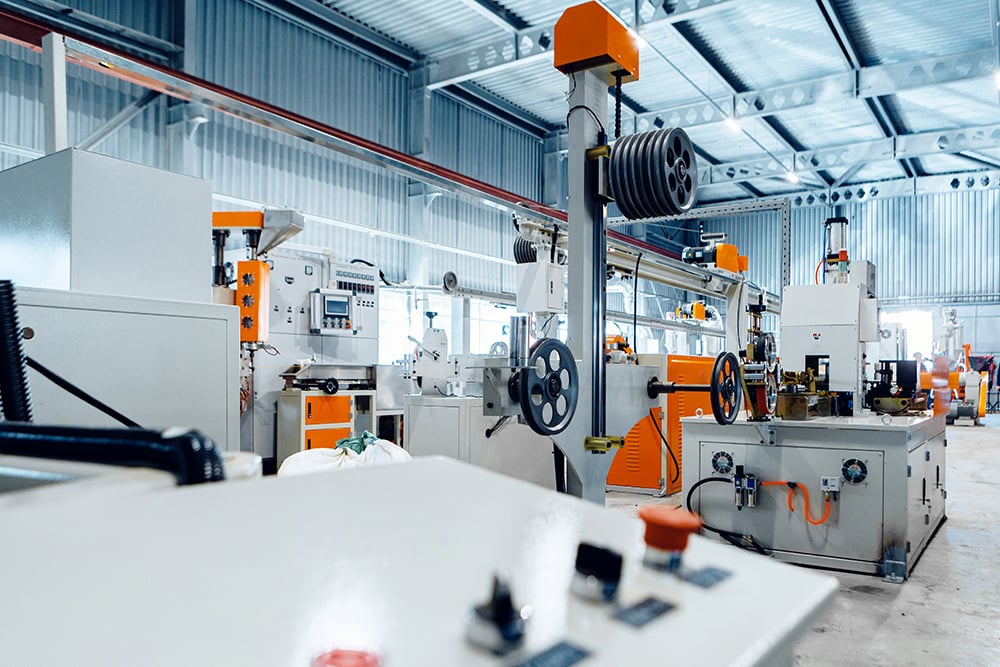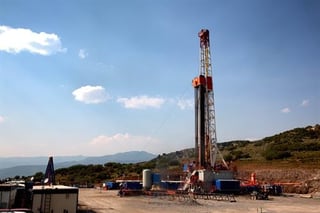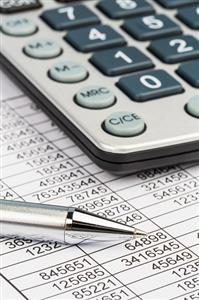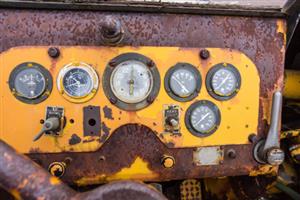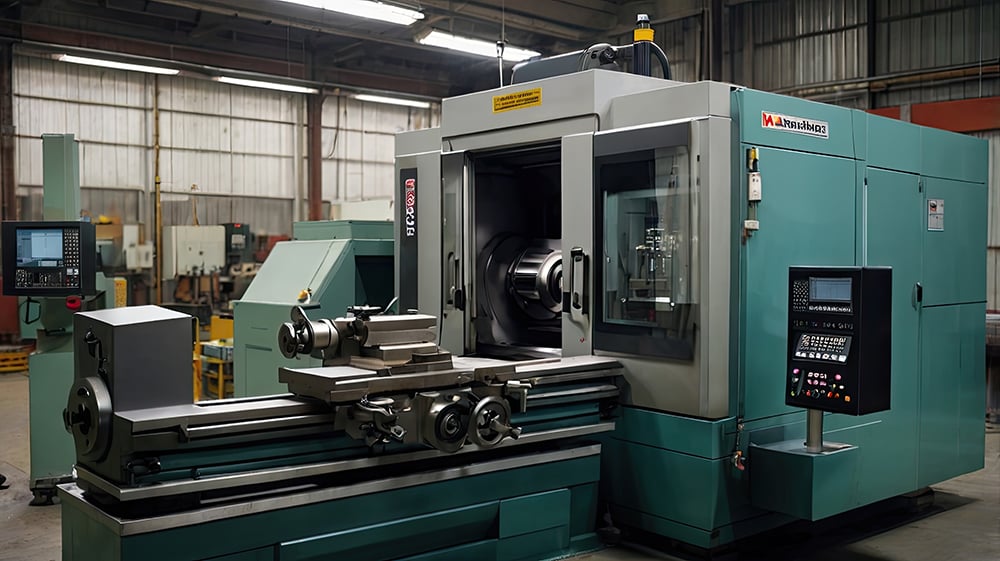
When equipment appraisers rely on the Cost Approach, two of the key factors considered are useful life and depreciation. Though the process may seem straightforward, you would be surprised at how many differing opinions professionals have in these areas.
Independent Valuation is Not the Same as Accounting Methodology
When it comes to capitalized machinery and equipment on a company's books, accountants treat depreciation and useful life according to accepted principles. One such principle is the Modified Accelerated Cost Recovery System (MACRS). This method is based on a straight-line reduction in value, starting with the equipment's acquisition price and amortizing it equally over a standardized term, usually 5 to 7 years. The depreciation endpoint is typically zero. The goal of many businesses is to expense as much as possible in the early years of an asset's life through annual depreciation for tax-deductible purposes, while improving cash flow and liquidity.
When appraisers value machinery and equipment, they research market and industry data to identify a reasonable number of sources to assist in estimating value. They also fall back on their experience appraising similar assets in the past. Depreciation and useful life are two components of the analysis under the Cost Approach. The goal of the overall process is to understand best how equipment is valued over time and how long it can reasonably be expected to operate effectively before needing major rebuilds/overhauls or retiring from service entirely.
It is important to understand these factors and take them into account as part of a complete appraisal analysis, which will also include reviewing comparable sales of the equipment being appraised. Market-comparable data can often be limited or inconsistent across sources; therefore, a balanced understanding of depreciation and useful life will further support the analysis and provide reasonableness checks for any comparable sales or resale opinions they may gather or have experience with.
Developing Market Depreciation Curves for Asset Classes of Machinery and Equipment
Once an appraiser has completed several valuations in similar markets and industries, they might consider creating a database of values, which results in the development of market-driven depreciation curves that will further serve as a reasonable source of historical data for future valuations. This would be similar to the concept of subscription databases that are publicly available in certain markets, such as construction, automotive, and over-the-road transportation, in today's resource networks.
In summary, when an accredited, experienced valuation professional works on an appraisal assignment, it is important to understand and develop opinions regarding the useful life and levels of annual depreciation of machinery and equipment.


